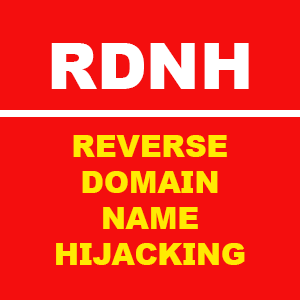
RDNH finding for CentralMedia.com
Imagine, registering CentralMedia.com in 1999, only to be hit with a UDRP 18 years later.
That’s exactly what happened and Australian respondent, Valentin Lotrean managed to get the UDRP deflected, and the Complainant’s demand to transfer the domain was denied.
The Complainant is Central Media S.C. of Ciudad de México, Mexico.
The Complainant was incorporated in Mexico on November 7, 2001. It supplies advertising-related design, production and other services under the name “Central Media.”
According to the UDRP:
The Complainant owns a number of trade marks for “Central Media” including Mexican trade mark no. 795319, filed on February 28, 2003 and registered on June 12, 2003 (figurative); and Mexican trade mark no. 1209930, filed on December 1, 2010 and registered on March 31, 2011 (words only), both in class 35. Both trade marks specify a first use date of November 12, 2001.
The Complainant registered the domain name <centralmedia.com.mx> on April 10, 2003. The Complainant uses this domain name for its main website.
The Respondent registered the disputed domain name on November 16, 1999.
The disputed domain name has not resolved to an active website since at least 2005. However, as of May 11, 2000, there was a website at the disputed domain name, the home page of which was headed “The Central Media Website” and which stated: “Welcome to the Cental Media Website. We are here to offer you a range of Computer Products and Services to help in business or just at home […]”
In the process, he managed to get the sole panelist, Adam Taylor, issue a finding of Reverse Domain Name Hijacking.
The Respondent bases its argument on the alleged coincidence in timing between an alleged failed attempt by the Complainant to buy the disputed domain name from the Respondent and the filing of this proceeding. However, there is no evidence linking the offer with the Complainant, which denies involvement. The Panel therefore disregards it.
Nevertheless, the Panel considers that the Complainant has been guilty of RDNH because its case has failed by a large margin. In the Panel’s opinion, the Complainant knew or at least should have known that it could not prove one of the essential UDRP elements. The Complainant’s representatives quoted extensively from UDRP case law and the Panel thinks it unlikely that they were unaware of the current overwhelming view of UDRP panelists as to the need to prove registration as well as use in bad faith.
For the foregoing reasons, the Complaint is denied and the Panel finds that the Complaint was brought in bad faith and constitutes an abuse of the administrative proceeding.
For the full text of this UDRP decision for CentralMedia.com, click here.
Copyright © 2025 DomainGang.com · All Rights Reserved.









